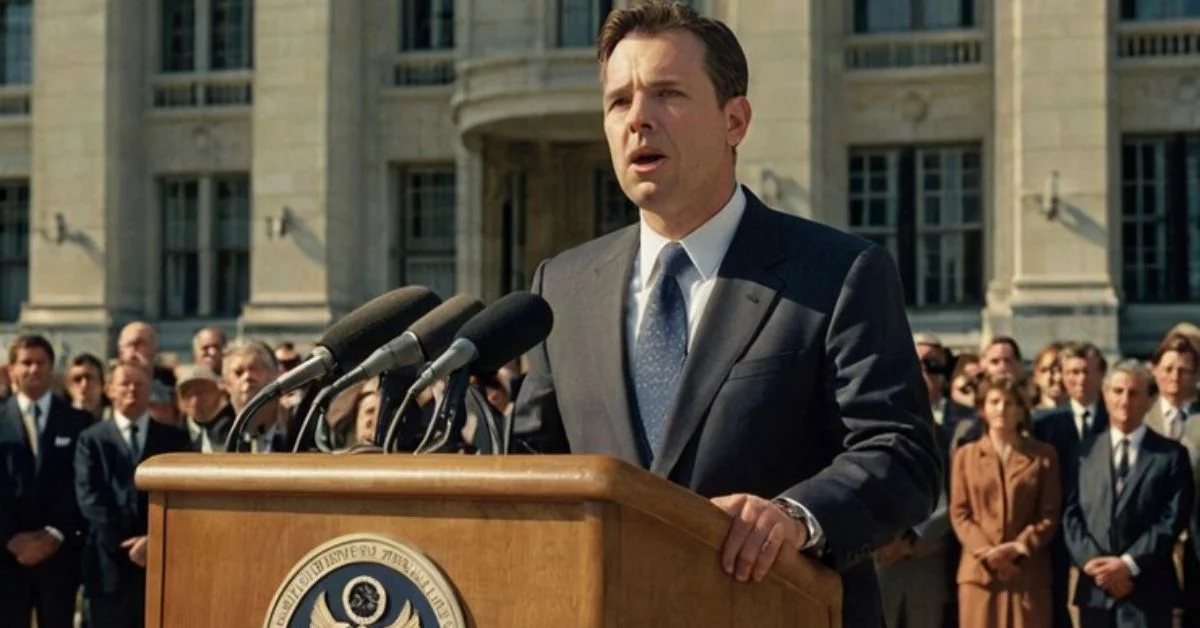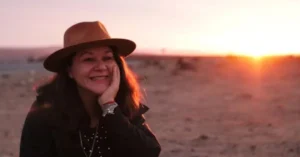In today’s deeply interconnected political climate, it is no longer enough for politicians to operate from Capitol Hill alone. Town halls, community forums, and local engagements are increasingly central to governance. In that spirit, Kurt Schrader’s appearance and engagement in Davis provides an illuminating example of how national figures interact with and influence local communities, and vice versa.
Kurt Schrader, a long-serving U.S. Representative known for his moderate views and bipartisan approach, made headlines when his presence in Davis, California stirred discussion—not just among political enthusiasts, but within sectors ranging from agriculture and healthcare to education and environmental reform. But what does Schrader’s involvement in Davis truly signify, and why does it matter now more than ever?
This article takes a deep look into Schrader’s political legacy, the significance of his outreach in Davis, and what it tells us about the future of participatory democracy, local activism, and policy discourse in the 21st century.
Who Is Kurt Schrader?
Kurt Schrader served as a Democratic member of the U.S. House of Representatives, representing Oregon’s 5th congressional district from 2009 to 2023. Known for his centrist positions, Schrader often found himself acting as a bridge between progressive initiatives and conservative caution.
His legislative focus included:
- Healthcare Reform: Advocated for drug pricing negotiation and rural healthcare support
- Agriculture and Veterinary Policy: Leveraged his background as a veterinarian
- Bipartisanship: Member of the Blue Dog Coalition and Problem Solvers Caucus
- Infrastructure Investment: Championed water, road, and broadband development
Though no longer in Congress, his continued participation in political dialogue—particularly in places like Davis—reflects an enduring commitment to public service.
Why Davis, California?
Davis is more than a university town. It’s a hub of academic research, agricultural innovation, and political awareness. With the presence of the University of California, Davis (UC Davis), the city serves as a bellwether for progressive experimentation, scientific thinking, and community-oriented planning.
For someone like Schrader, Davis offers:
- An audience engaged in science-based policy
- Agricultural researchers tied to national food systems
- Youth voices shaping climate and equity narratives
It’s also a place where policy discussions aren’t abstract—they’re lived. When Schrader visits Davis, he’s not just speaking to voters; he’s speaking to incubators of the country’s future.
Topics of Focus: Schrader’s Dialogue with Davis
1. Agriculture and Climate Resilience
kurt schrader in davis has long championed sustainable agriculture. In Davis, this message finds fertile ground. UC Davis is at the forefront of agri-tech innovation, from drought-resistant crops to carbon-neutral farming practices.
During recent forums, Schrader and Davis-based researchers discussed:
- Soil regeneration incentives
- Agri-environmental policy for small farmers
- Federal funding for sustainable farming startups
2. Healthcare Access and Cost Reform
Healthcare remains a deeply local issue, even when federally legislated. kurt schrader in davis’s stance on drug pricing negotiations and rural health clinics found resonance with Davis residents concerned about access disparities in nearby rural counties.
Student voices from UC Davis’s medical programs also raised concerns about:
- Student loan burdens for medical professionals
- The role of telehealth in underserved areas
- Public health infrastructure gaps post-COVID
3. Bipartisanship and Political Civility
In a polarized national landscape, kurt schrader in davis’s moderate voice finds unique appreciation in a university town like Davis. Here, dialogue is not just tolerated—it’s expected.
His roundtables with local political science students and faculty emphasized:
- Legislative negotiation strategies
- The future of independent and third-party politics
- The role of civic education in shaping future leaders
The Broader Implication of Local Engagement
kurt schrader in davis’s time in Davis is not an isolated incident—it reflects a broader trend of former national leaders rediscovering grassroots engagement. With trust in institutions declining, public figures returning to local forums humanizes governance.
His approach is part of a new model for political life after office:
- Mentorship over campaigning
- Facilitation over partisanship
- Policy workshops over press conferences
In Davis, that model resonates. Here, the university’s land-grant mission blends perfectly with Schrader’s legacy: policy rooted in practical service.
Voices from Davis: Community Reactions
Amira Hassan, UC Davis Graduate Student:
“It was refreshing to see someone who wasn’t just here to talk, but to listen. Kurt Schrader brought questions, not just answers.”
Dr. Kenji Yamada, Agricultural Researcher:
“Our work rarely intersects with Washington so directly. Kurt Schrader’s interest in regenerative farming felt genuine—and overdue.”
Elena Torres, Local Organizer:
“Even if I don’t agree with all his votes, I respect that he’s showing up, sitting down with people, and engaging.”
Schrader’s Legacy and Post-Congressional Vision
Since leaving Congress, Schrader has not faded into political obscurity. Instead, he has chosen selective visibility—engaging in civic education, contributing to agricultural policy think tanks, and mentoring a new generation of leaders.
His time in Davis aligns with this post-legislative trajectory:
- Lecturing on legislative strategy and bipartisan negotiation
- Consulting with local governments on federal grant navigation
- Advising student-led political innovation incubators
He’s also rumored to be collaborating with UC Davis on a project exploring rural mental health and veterinary services—a synthesis of his medical and legislative experience.
The Relevance of Moderation in Today’s Politics
One of the most compelling elements of kurt schrader in davis’s engagement in Davis is the re-emergence of political moderation as a concept worth defending.
In a time when extreme poles dominate discourse, Kurt Schrader’s tone—curious, non-dogmatic, and data-driven—offers a refreshing alternative. And Davis, a place that values both innovation and dialogue, might be one of the few places where such a tone can thrive.
His presence suggests that the future of American politics may well depend on cities like Davis—where local insight meets national implications, and where ideological diversity doesn’t preclude community cohesion.
The Future of Political Conversations in Cities Like Davis
If Kurt Schrader’s visit is a case study, it invites a larger question: how can localities become better laboratories for political innovation?
Davis could:
- Develop civic residencies for retired politicians and public servants
- Host policy hackathons with students and lawmakers
- Pilot cross-party community roundtables on divisive issues
- Create a digital archive of civic conversations for national reference
These aren’t just ideas; they’re tools to restore public trust and rebuild a participatory civic culture.
Conclusion: A Dialogue That Matters
Kurt Schrader’s time in Davis isn’t about one politician or one city—it’s about the enduring value of showing up, of engaging without agenda, of listening as an act of leadership. In a political era driven by soundbites and algorithms, the quiet rooms of Davis—university classrooms, community centers, ag labs—offer something more enduring: a place for ideas to breathe.
Schrader may no longer hold office, but in cities like Davis, he continues to hold space for democracy. And perhaps, in doing so, he offers a model worth replicating—where retired voices don’t retire from dialogue, and where communities become the co-authors of the national story.
For more information, click here.









